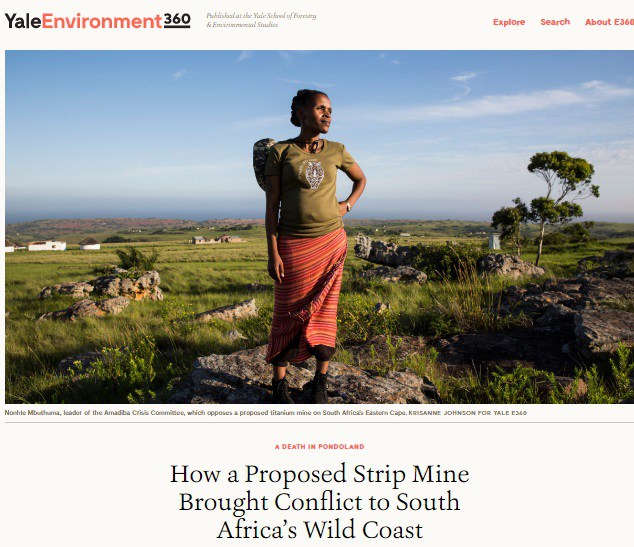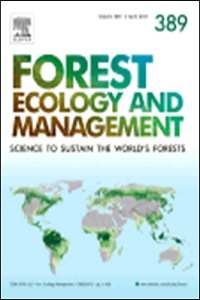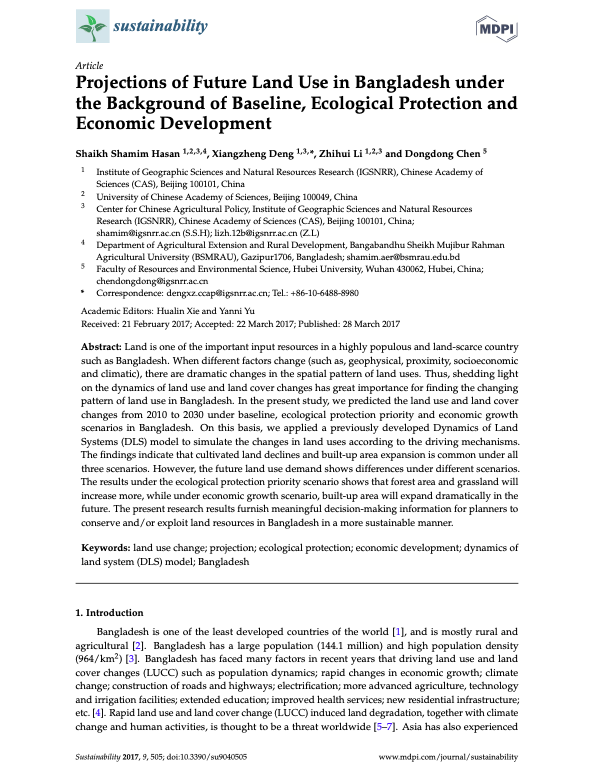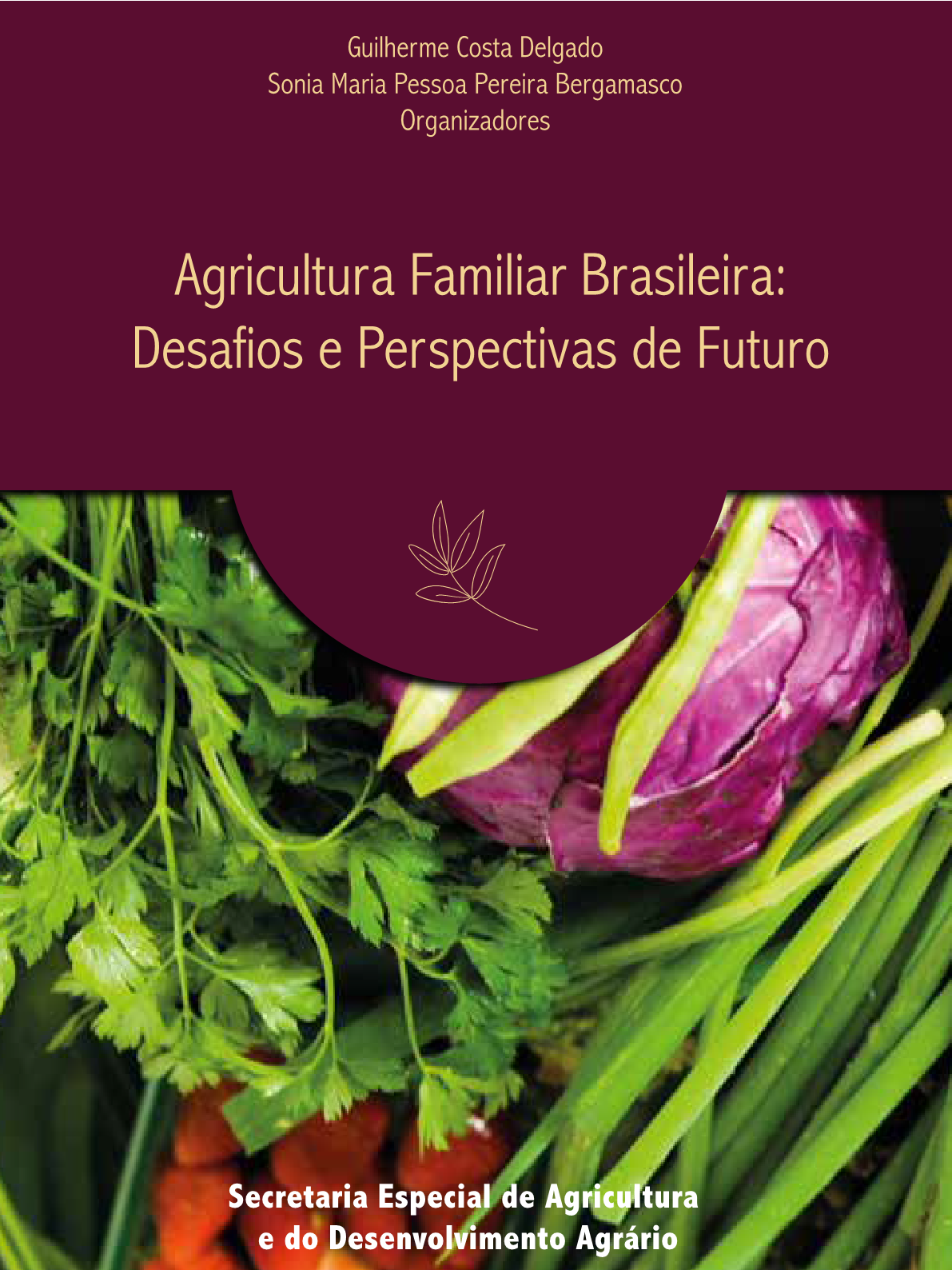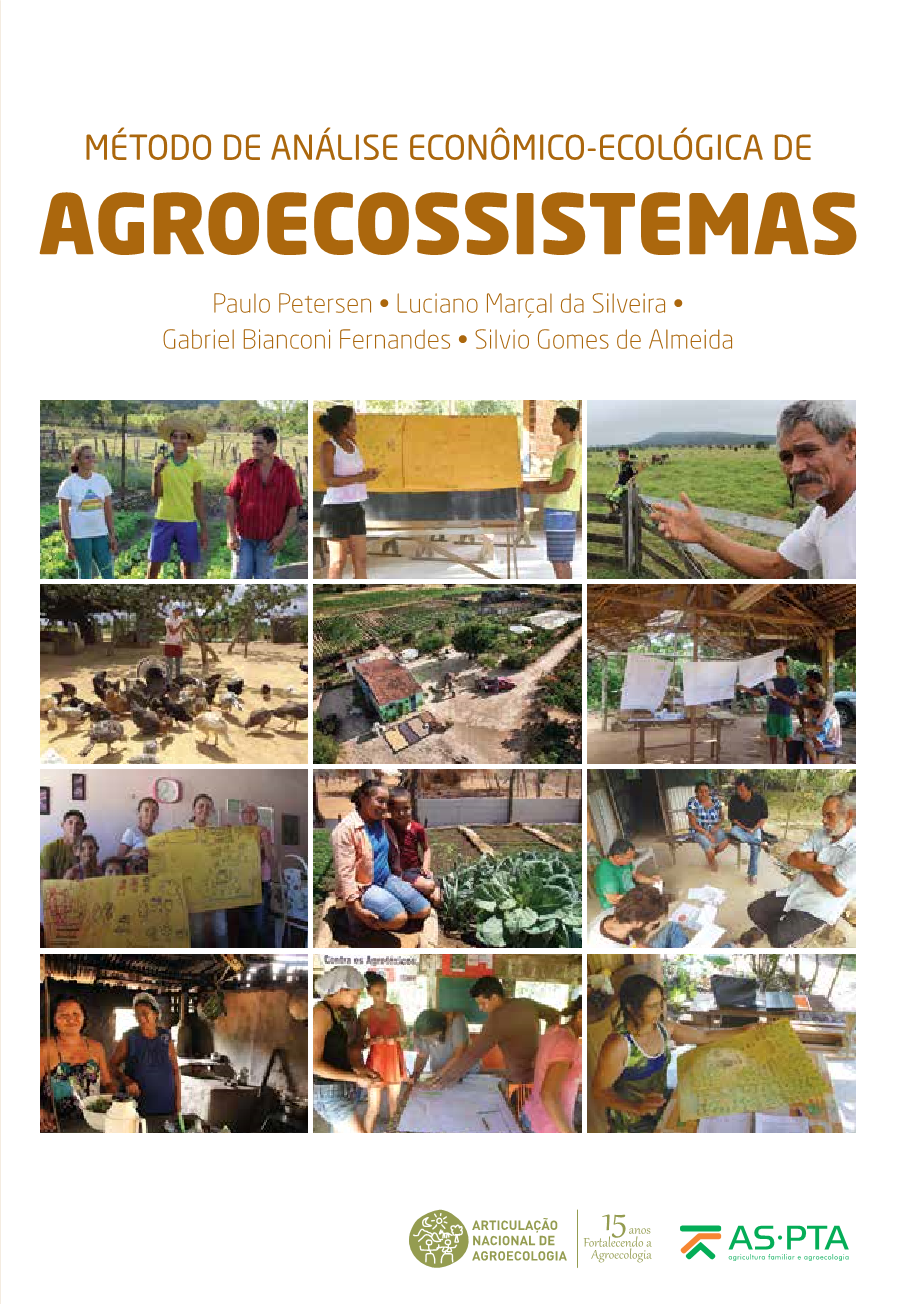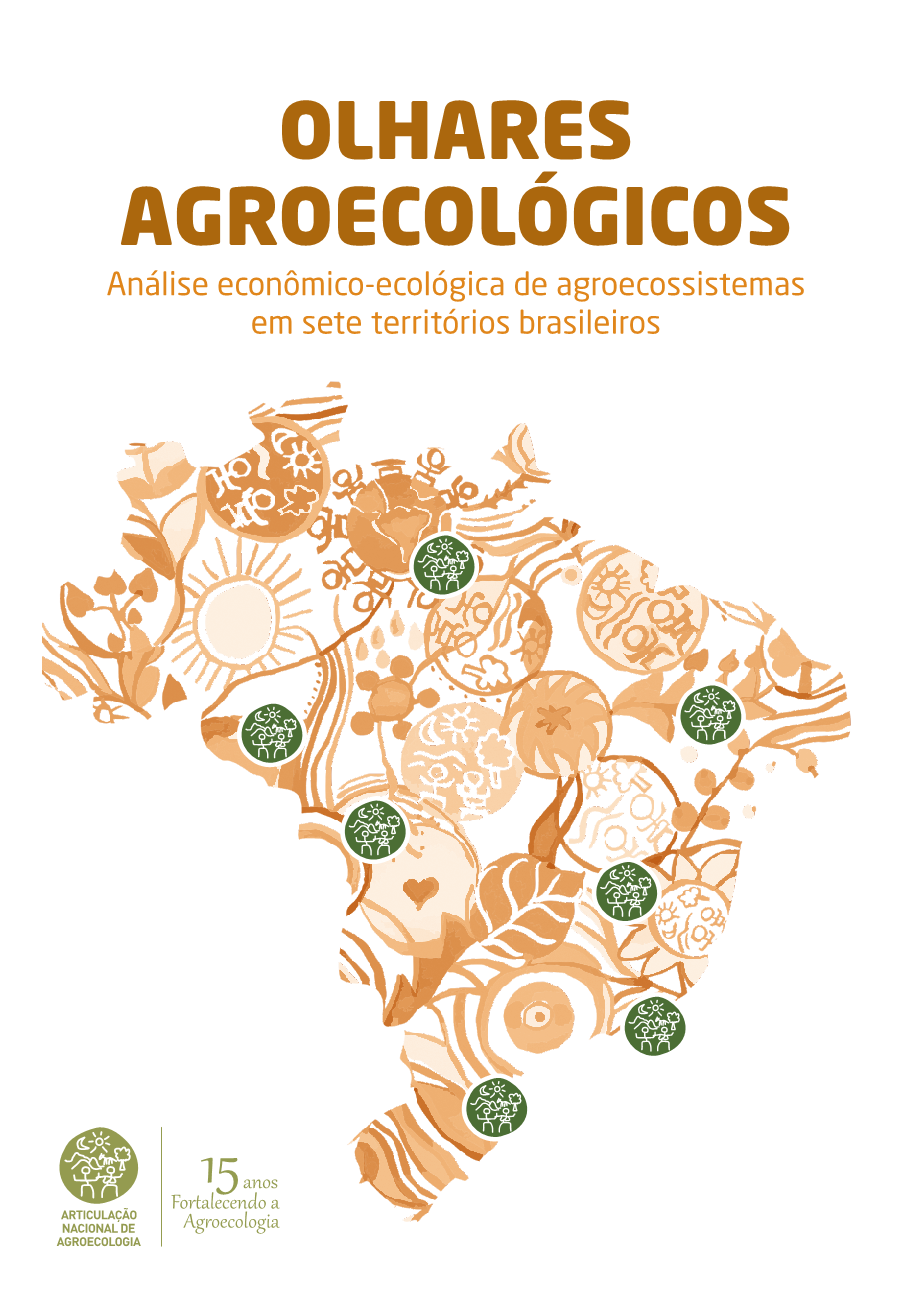Results of Participatory grid-based erosion transferred to GIS (French version)
This presentation (in French) illustrated the results of the participatory grid-based erosion evaluation of soil erosion severity (intensity + extent), aided by printed, gridded Google Ma”. This presentation comes under the first session “Business-as-usual evaluations of soil erosion, and impacts of SWC practices” of the workshop "Systems Tool-aided Participatory Development of Sustainable Land Management Scenarios: 2nd Workshop", held in Zaghouan on 14-15 March 2017.



